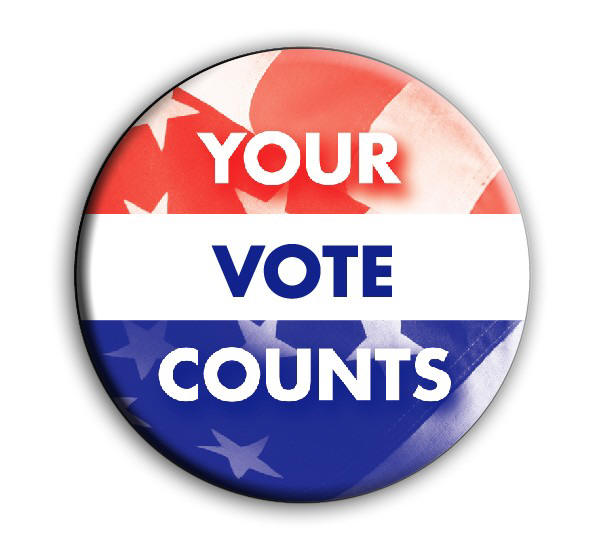Mostly I just need to get it off my chest, so I hope you'll excuse my less than perfect expression.
I loved this article written by the Deseret News about President Packer's talk because it acknowledges the complexity of the issue, and expresses love for LGBT people without compromising on our doctrine.
A Call for Civility Following President Packer's Address
I also appreciated the church's statement in response to the petition by the Human Rights Campaign
Official statement from Mormon church in response to petition from gay rights group
Some of the points made have been mentioned on the church's website for quite some time but perhaps haven't been publicized much to the general membership of the church, and I'm glad to hear them stated so clearly.
Such as, "This church has felt the bitter sting of persecution and marginalization early in our history, when we were too few in numbers to adequately protect ourselves and when society's leaders often seemed disinclined to help. Our parents, our young adults, teens and children should therefore, of all people, be especially sensitive to the vulnerable in society and be willing to speak out against bullying or intimidation whenever it occurs, including unkindness towards those who are attracted to others of the same sex. This is particularly so in our own Latter-day Saint congregations. Each Latter-day Saint family and individual should carefully consider whether their attitudes and actions to others properly reflect Jesus Christ's second great commandment — to love one another."
Also, "Further, while the church is strongly on the record as opposing same-sex marriage, it has openly supported other rights for gays and lesbians such as protections in housing or employment."
Finally, "The church recognizes that those of its members who are attracted to others of the same sex experience deep emotional, social, and physical feelings. The church distinguishes between feelings or inclinations on the one hand, and behavior on the other. It's not a sin to have feelings, only in yielding to temptation.
There is no question that this is difficult, but church leaders and members are available to help lift, support and encourage fellow members who wish to follow church doctrine. Their struggle is our struggle. Those in the church who are attracted to someone of the same sex but stay faithful to the church's teachings can be happy during this life and perform meaningful service in the church. They can enjoy full fellowship with other church members including attending and serving in temples, and ultimately receive all the blessings afforded to those who live the commandments of God."
I've felt a little conflicted about this issue because I personally believe that there is at least some biological basis to same sex attraction, partly based on this study. I also think that there are environmental and social factors that come into play. I don't believe that biology forces someone with same sex attraction to act on that attraction, but it makes me feel compassionately toward those who struggle with this. I also think it's sometimes a struggle for single members, divorced members, or married members who are tempted to commit adultery to obey the law of chastity, but it is possible.
Of course there will always be those who think gay marriage is an acceptable alternative form of marriage, and the church will probably always disagree with them, hopefully we can do so with civility. But I hope that members of the church will take this statement to heart and treat those who have same-sex attraction with love and respect. And when we hear another church member say something demeaning we can speak up and point out the difference between the orientation and the action.


 Or, at least it should... If you live in Utah please consider signing the
Or, at least it should... If you live in Utah please consider signing the 